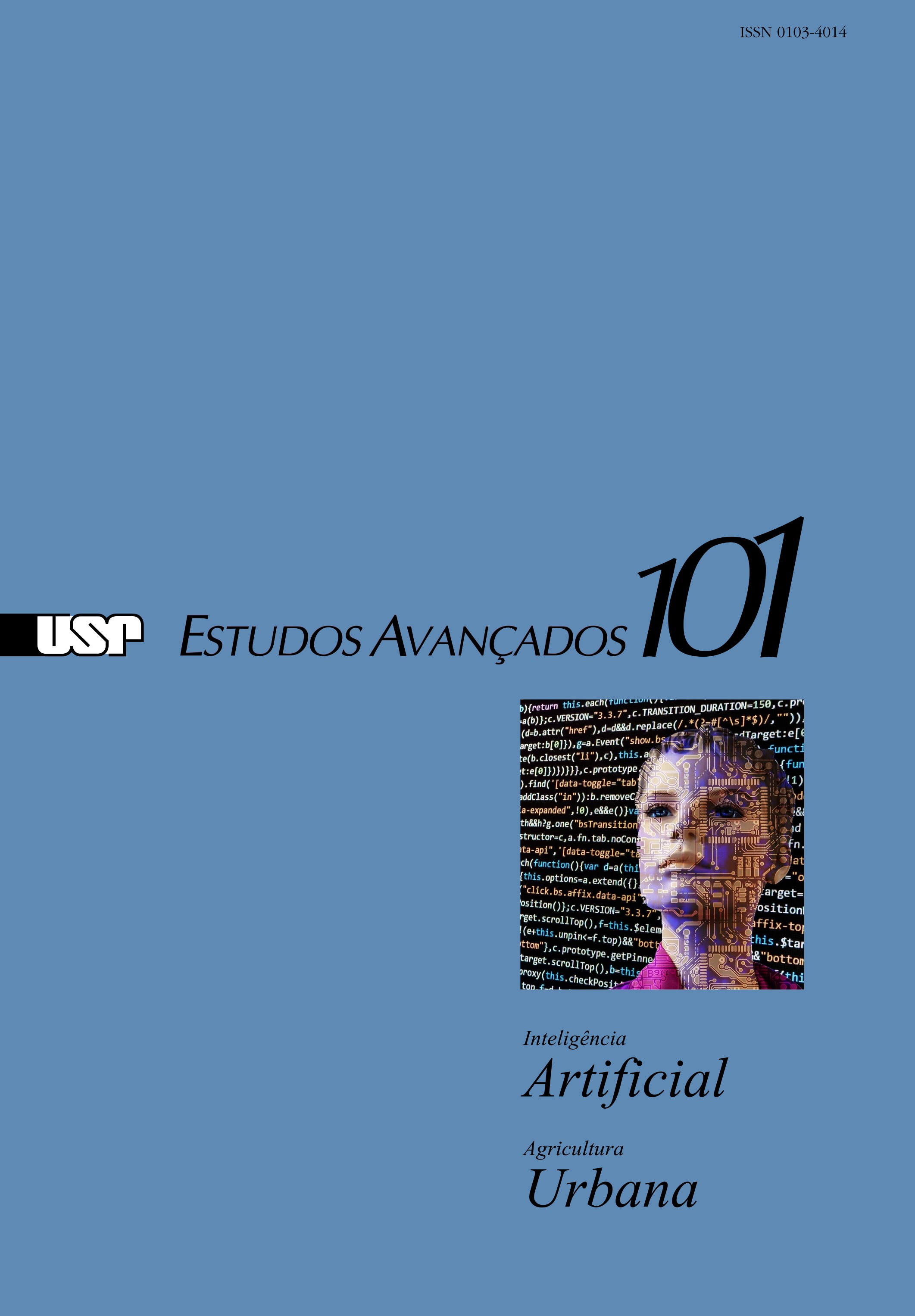Por uma tipologia do ensino superior brasileiro: teste de conceito
DOI:
https://doi.org/10.1590/s0103-4014.2021.35101.011Keywords:
Education, Higher education, Evolution of Brazilian higher education, Types of HEI and their characteristics, Diversity and classification of Brazilian HEI, Analysis of available data, Institutional characteristics of the different groups based on indicators, Suggestions for future actionsAbstract
Although the great differentiation that exists in Brazilian higher education is widely known, and even if different types of institutions have different objectives and produce different results in the undergraduate, graduate and research levels, the full implication of these differences is not recognized by the legislation or by the evaluation system adopted by the Ministry of Education in Brazil. Neither is the public, i.e., current and future students and their employers, informed of these differences. The objective of this work is to present a classification or typology proposal for Brazilian higher education institutions that clearly identifies these differences, and that can serve as a basis for a system of information and evaluation procedures that take into account this variety of characteristics, objectives and results. This is done by grouping institutions that have similar profiles, from the point of view of size, legal status and involvement with teaching and graduate activities, and assessing the extent to which differences in type correspond to differences in the characteristics of faculty, students, areas of activity and performance. In the final part, we discuss some implications of this typology for the higher education evaluation system and, more broadly, for improving the quality and performance of higher education in the country as a whole.
Downloads
References
ANDRÉS, A. Expansão da educação superior sob os Planos Nacionais da Educação:
expectativas, fatos e perspectivas. In: Consultoria Legislativa, Estudo Técnico. Brasilia:
Camara de Deputados. 2017.
BRENEMAN, D. W. Liberal arts colleges: thriving, surviving, or endangered? Washington, D.C.: Brookings Institution, 1994.
BUCKNER, E. The worldwide growth of private higher education: cross-national patterns of higher education institution foundings by sector. Sociology of Education, v.90,
n.4, p.296-314, 2017.
CALDERON, A. Massification of higher education revisited. Melbourne: RMIT University, 2018.
CARNEGIE FOUNDATION FOR THE ADVANCEMENT OF TEACHING. The
Carnegie Classification of Institutions of Higher Education, 2010 edition. Menlo Park:
Carnegie Foundation for the Advancement of Teaching, 2011.
CASTRO, C. de M; LEVY, D. C. La educación superior en América Latina y el Caribe:
documento de estrategia. Washington, DC: Banco Interamericano de Desarrollo, Departamento de Desarrollo Sostenible, Unidad de Educación, 1997.
CLARK, B. R. Academic Differentiation in National Systems of Higher Education.
Comparative Education Review, v.22, n.2, p.242-58, 1978.
JAQUETTE, O. Why Do Colleges Become Universities? Mission Drift and the Enrollment Economy. Research in Higher Education, v.54, n.5, p.514-43, 2013.
KARVOUNARAKI, A. et al. U-Multirank – A methodological review. The European
Comission Joint Research Center, 2020.
LAJOLO, M. EAD: 1.6 milhão estuda à distância no Brasil. Revista Veja, (28 de julho),
LEVY, D. C. The unanticipated explosion: Private higher education’s global surge.
Comparative Education Review, v.50, n.2, p.217-40, 2006.
LYNTON, E. A. New Priorities for the University: Meeting Society’s Needs for Applied
Knowledge and Competent Individuals. Jossey Bass, 1987.
MCCORMICK, A. C. Classifying Higher Education Institutions: Lessons from the
Carnegie Classification. Pensamiento Educativo. Revista de Investigación: Educacional
Latinoamericana, n.50, p.65-75, 2013.
MINISTÉRIO DA FAZENDA. Secretaria Do Tesouro Nacional. Diagnóstico FIES.
Brasilia: Ministério da Fazenda, 2017.
NEAVE, G. Academic drift: Some views from Europe. Studies in Higher Education, v.4,
n.2, p.143-59, 1979.
OECD. Rethinking Quality Assurance for Higher Education in Brazil. Paris: OECD, 2018.
OECD, Education at a Glance, Paris, OECD, 2019.
SAMPAIO, H. Ensino superior no Brasil - o setor privado. São Paulo: Fapesp; Hucitec,
SCIMAGO. SJR — SCImago Journal & Country Rank Consejo Superior de Investigaciones Científicas (CSIC), University of Granada, Extremadura, Carlos III (Madrid)
and Alcalá de Henares. Disponível em: <http://www.scimagojr.com>. Acesso em: 25
jun. 2017.
STEINER, J. E. Qualidade e diversidade institucional na pós-graduação brasileira. Estudos Avançados, v.19, n.54, p.341-65, 2005.
STEINER, J. E. Diferenciação e classificação das instituições de ensino superior no Brasil. In:
STEINER, J. E.; MALNIC, G. Ensino Superior. Conceito e dinâmica, São Paulo: Edusp.
TIGHT, M. Theory development and application in higher education research: the
case of academic drift. Journal of Educational Administration and History, v.47, n.1,
p.84-99, 2015.
TROW, M. Problems in the transition from elite to mass higher education. Berkeley, CA:
Carnegie Commission on Higher Education, 1973.
TROW, M. Reflections on the transition from elite to mass to universal access: Forms and
phases of higher education in modern societies since WWII. In: International handbook
of higher education, Dordrecht: Springer. 2007. p.243-80.
VAN VUGHT, F. A. et al. U-MAP - The European Classification of Higher Education
Institutions. Enschede: Cheps, 2010a.
VAN VUGHT, F. A. et al. The European classification of higher education institutions.
Enschede: Cheps, 2010b.
VAN VUGHT, F. A.; ZIEGELE, F. Multidimensional ranking: The design and develpment of U-Multirank. Springer Science & Business Media, 2012.
Downloads
Published
Issue
Section
License
Copyright (c) 2021 Simon Schwartzman, Roberto Lobo Silva Filho, Rooney R. A. Coelho

This work is licensed under a Creative Commons Attribution-NonCommercial 4.0 International License.
Estudos Avançados não celebra contrato de cessão de direitos autorais com seus colaboradores, razão pela qual não detém os direitos autorais dos artigos publicados. Os interessados em reproduzir artigos publicados na revista devem necessariamente obter o consentimento do autor e atribuir devidamente os créditos ao periódico.


